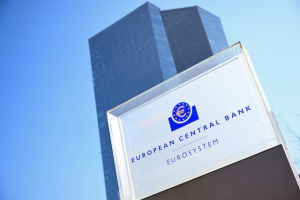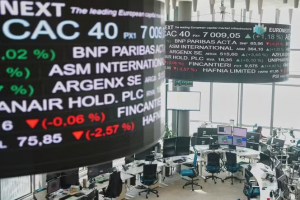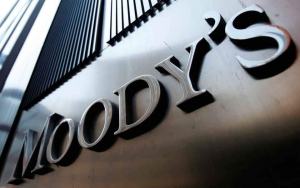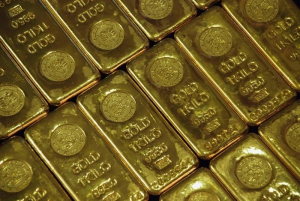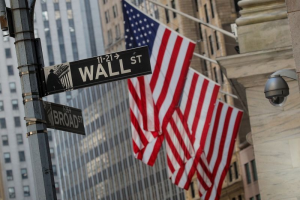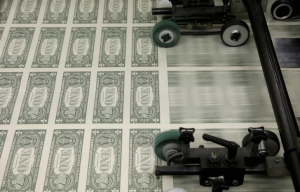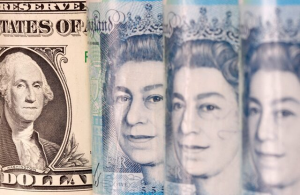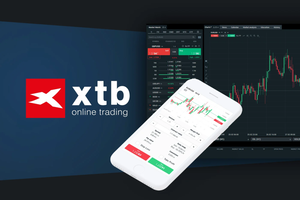European shares followed Asian indexes higher on Wednesday after the Bank of Japan raised interest rates in a mostly unexpected hawkish pivot, sparking gains for the Japanese yen.
The BOJ also unveiled a detailed plan to slow its massive bond buying, taking another step towards phasing out a decade of huge stimulus. Its decision takes its short-term policy rate to 0.25%, levels unseen since 2008.
The Euro STOXX 600 gained almost 1%, also helped by a slew of corporate updates. MSCI's broadest index of Asia-Pacific shares outside Japan added over 1%, with Japan's benchmark Nikkei closing up 1.5% at its highest for a week.
Separately, oil prices rose from seven-week lows on escalating tension in the Middle East after Palestinian militant group Hamas said its leader Ismail Haniyeh was killed in the Iranian capital Tehran.
"The BOJ will hope that the rate rise will be a confidence booster to the economy in that it will signal that the central bank believes the economy is on a path to something approaching 'normal'," said Gary Dugan, CEO of the Global CIO Office.
The reaction from markets to the BOJ news was choppy. The yen recovered slight losses and was last up 1% at 151.09 a dollar, reaching its highest since early April and set for its first month of gains this year.
On an action-packed Wednesday, central banks dominated investor attention. A Federal Reserve rates decision is due later in the day, with markets expecting the U.S. central bank to stand pat on rates but indicate cuts are on the way.
The yields on Japanese government bonds were lower. European bond yields, meanwhile, were at multi-month lows, ahead of euro zone inflation data due later in the day.
Investors were also assessing contrasting results from Microsoft (NASDAQ:MSFT) and chipmaker AMD that suggested a divide in the AI landscape.
Wall Street stocks were set for gains, with futures gauges showing advances of between 0.2% and 1.5%.
FED AWAITED
Markets are fully pricing in a Fed rate cut of 25 basis points (bps) in September, with roughly 68 bps of easing priced in for the year.
The dollar index, which measures the U.S. currency against six rivals, was at 104.39 and is down over 1% in July.
However, some analysts expect the Fed to stay cautious as the labour market is still tight.
Investors are jittery about the AI frenzy and tech valuations as results from sector bellwethers reinforced the idea that the payoff in hefty AI investments may take longer than first thought.
Disappointing earnings from Microsoft sent its shares lower, along with those of other tech firms, while strong earnings from Advanced Micro Devices (NASDAQ:AMD) spurred a rally in chip stocks. Nasdaq futures rebounded, and were last up 1%.
The Australian dollar sank to a three-month low, while stocks soared more than 1% as a soft inflation report squashed lingering speculation that interest rates would have to rise again.
In commodities, U.S. crude was 2% higher at $76.24 per barrel and Brent was at $80 per barrel, up 1.74% on the day.


